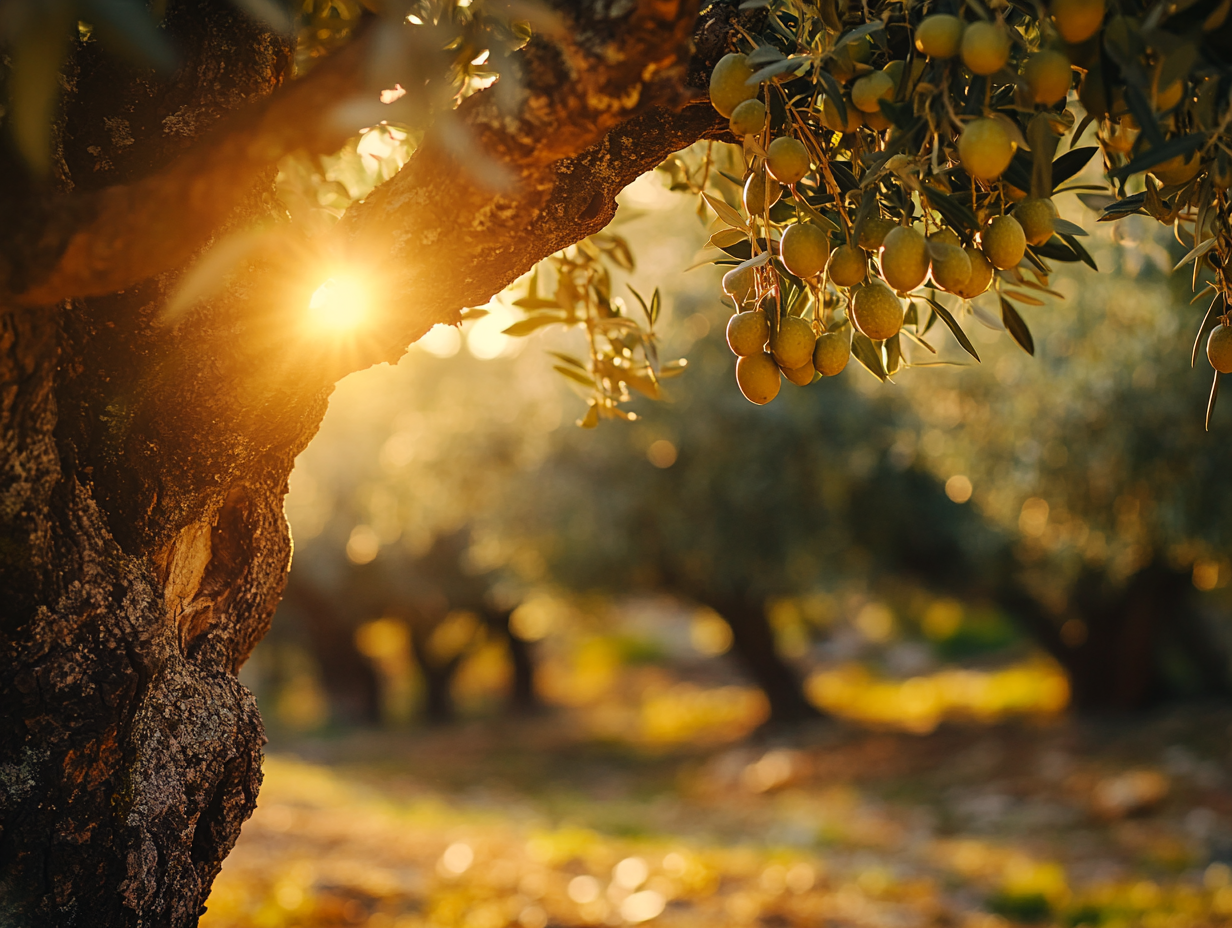The global demand for olive oil is surging, yet the supply remains highly concentrated and increasingly constrained by climate challenges. This unique combination makes olive farms one of the most attractive investment opportunities in agriculture today. Investors who act now can secure a stake in a high-value, in-demand commodity while also contributing to the modernization and resilience of olive farming.
Rising Global Demand for Olive Oil
Olive oil consumption is expanding rapidly beyond its traditional strongholds in the Mediterranean and Western Europe. Several factors are driving this shift:
- Health and Wellness Trends – Consumers worldwide are recognizing the health benefits of olive oil, including its heart-healthy fats and antioxidant properties.
- Changing Culinary Preferences – Countries in Asia, North America, and Latin America are increasingly incorporating olive oil into their diets, fueled by exposure to Mediterranean cuisine and a growing preference for high-quality, natural ingredients.
- Premiumization of Food – As more consumers seek out premium, organic, and extra virgin olive oils, demand for high-quality production continues to grow.
With this rising demand, investors have a prime opportunity to gain exposure to a commodity that is becoming more valuable worldwide.
Olive Oil Supply Is Highly Concentrated
Unlike many other agricultural commodities, olive oil production is heavily concentrated in just a few regions. Spain, particularly Andalusia, dominates global production, accounting for over 40% of the world’s olive oil supply. Other key producers include Italy, Greece, and Portugal, but no other country comes close to Spain’s output.
This concentration presents both an opportunity and a risk:
- Opportunity – Investors who secure land in key olive-producing regions gain access to one of the most tightly controlled agricultural supply chains, which can offer pricing power and resilience.
- Risk – Any disruption in Spain’s olive production has global consequences, leading to price volatility and supply shortages.
For investors, this means that farmland in alternative olive-growing regions or high-tech, resilient olive farms in Spain itself can become even more valuable as the market adapts to shifting conditions.
Climate Change Is Disrupting the World’s Most Productive Olive Farms
The biggest challenge facing olive oil production today is climate variability. The most productive olive farms—particularly in southern Spain—are experiencing:
- Severe Droughts – Reduced rainfall and higher temperatures have lowered olive yields in recent years.
- Weather Variability – Unpredictable weather patterns, including late frosts and extreme heat, are making harvests more uncertain.
As a result, the olive oil supply chain is at risk, with major producers struggling to maintain consistent yields. This is already leading to higher prices and increased demand for innovation in the sector.
A Sector in Need of Technology and Capital Investment
To counteract climate-driven disruptions, olive farms are increasingly looking for solutions that involve:
- Precision Agriculture – AI-driven monitoring, soil moisture sensors, and advanced irrigation systems can improve water efficiency and maximize yields.
- Resilient Farming Practices – New cultivation techniques, regenerative agriculture, and sustainable land management can help olive farms maintain productivity despite climate challenges.
- Investment in Infrastructure – Farms need capital to upgrade processing facilities, improve logistics, and build long-term resilience.
This shift opens the door for investors looking to partner with forward-thinking farms that are ready to embrace technology and capital investment to secure their future.
A Unique Investment in a High-Value Commodity
Olive oil is a unique commodity—demand is growing, supply is constrained, and the production landscape is shifting due to climate change. For investors, this means:
- Owning a stake in a concentrated, high-value supply chain – Unlike other agricultural markets with diverse production centers, olive oil production is tightly controlled. Investing now allows early movers to secure a stake in this specialized market.
- Exposure to an appreciating asset – As supply remains constrained and demand rises, olive oil-producing farmland is likely to appreciate significantly in value.
- An opportunity to drive innovation and modernization – By bringing capital and technology to olive farms, investors can directly contribute to the future of this essential industry while generating strong returns.
Conclusion: A Timely Opportunity for Investors
The global olive oil market is at a turning point. Demand is rising sharply, yet the world’s most productive farms are facing unprecedented challenges. This creates a rare investment opportunity—one where capital and technology can make a meaningful impact while securing strong financial returns.
For investors looking to diversify into farmland and agricultural commodities, olive farms present one of the best opportunities today. With supply pressures intensifying and the need for modernization growing, those who act now will be well-positioned to benefit from this rapidly evolving market.

